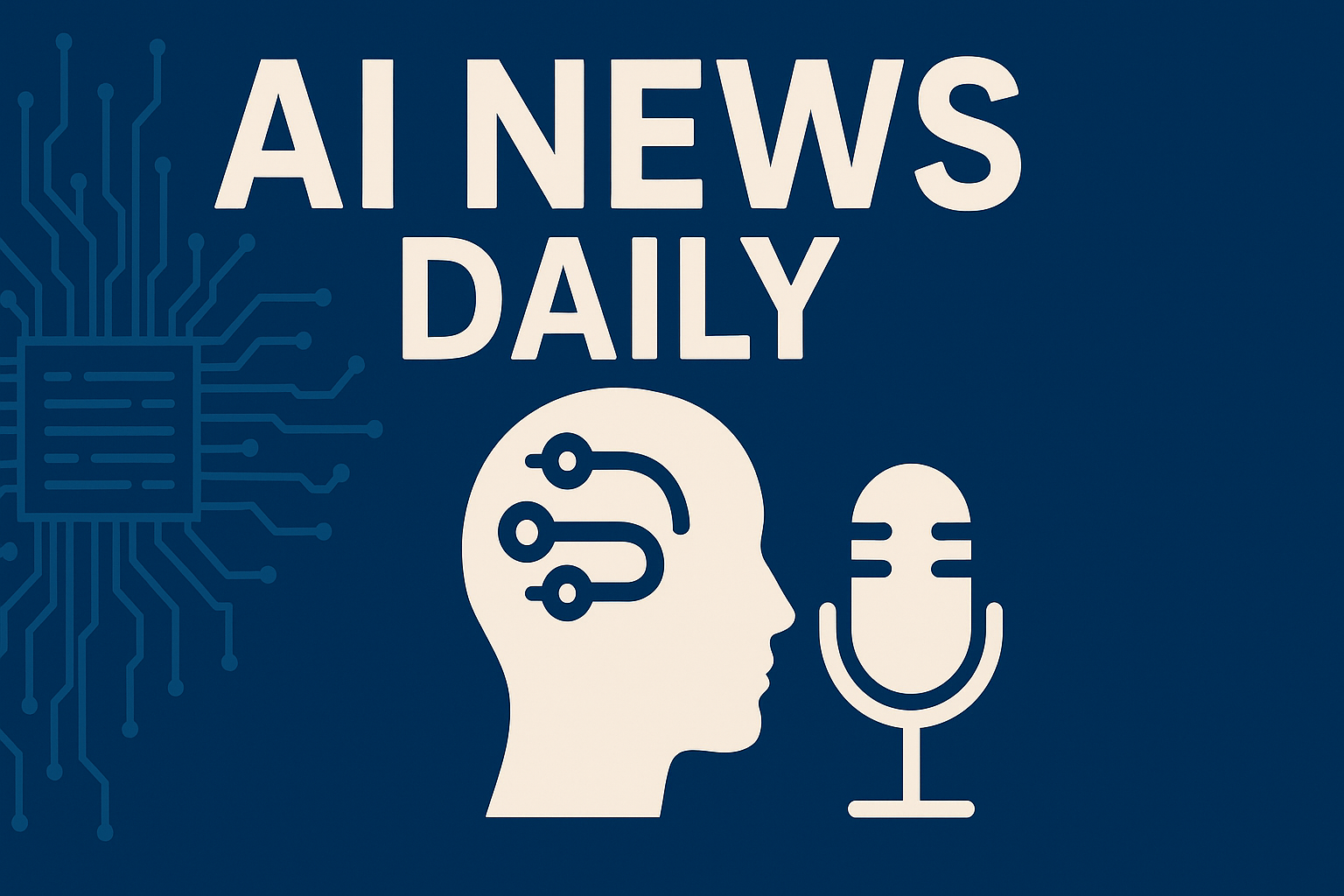Title: OpenAI and Oracle Ink Landmark Data Center Deal as AI Demand Surges; AI Adoption Transforms Industry, Job Markets, and Policy Worldwide
Content:
OpenAI has signed a massive multi-year partnership with Oracle, securing up to $30 billion annually and over $500 billion in total investment to vastly expand AI infrastructure through the Stargate data center initiative. The agreement will add 4.5 gigawatts of data center capacity—equivalent to powering 1.8 million homes—employing over 100,000 people and cementing U.S. leadership in AI infrastructure amid global competition. However, the project, which also involved SoftBank, has recently faced setbacks due to internal disputes and funding challenges, leading to reduced ambitions and uncertainty about its long-term future.
This rapid expansion reflects a surging global appetite for AI, exemplified by OpenAI’s ChatGPT now processing 2.5 billion prompts daily from 500 million weekly users, challenging Google’s dominance in search and prompting concerns over sustainability, business models, and environmental impact. Daily AI tool usage has climbed to 43% among consumers, transforming digital habits and forcing businesses to overhaul marketing and SEO strategies. Generative AI is reshaping the mobile app landscape as well, driving 3.3 billion downloads and $3.3 billion in purchases in 2024 alone.
AI’s transformative power is particularly evident in sectors such as healthcare—where OpenAI’s collaboration with Penda Health in Kenya cut clinical mistakes by 16%—and software development, with generative AI-fueled apps like Active Locals reducing development time by 86%. However, high-profile mishaps, like AI coding assistants accidentally deleting production databases and generating fake user records, have exposed the risks of automation, prompting platforms like Replit to overhaul safety measures for AI-driven tools.
The recruitment landscape is undergoing a dramatic shift due to AI-powered job tools. LinkedIn has seen job applications soar by 45% to 11,000 per minute, spurred by automated resume generators and bots, creating a surge in fake applicants and triggering global regulatory discussions. Platforms are ramping up identity checks, while AI firms like Anthropic now permit the use of AI in job application materials, though not live interviews, signaling new norms in hiring. These trends highlight the emergence of “AI vs. AI” in recruitment processes.
Government policy and public sector adoption are accelerating. The UK government has entered a strategic partnership with OpenAI to infuse AI across education, justice, defense, and healthcare, aiming to boost public efficiency and economic growth while debating job and environmental concerns. The U.S. Pentagon has authorized $200 million in contracts with leading AI firms to enhance national security, reigniting concerns about algorithmic bias and transparency in defense applications. In Europe, regulatory rifts have emerged as Meta declines to sign the EU’s voluntary AI Code of Practice, while OpenAI and Anthropic support copyright and ethics guidelines.
AI research continues to break new ground: At the International Mathematical Olympiad, models from Google DeepMind and OpenAI achieved gold medal-level performances, rivaling human competitors and earning praise from tech leaders like Elon Musk. Still, top researchers warn of persistent challenges including model reliability, bias, and opaqueness in AI reasoning, urging greater investment in transparency and oversight to mitigate future risks.
Meanwhile, innovation accelerates across industries: Google’s Gemini 2.5 sets new benchmarks in conversational image analysis, enabling natural language-based segmentation for diverse applications. Enterprise tools like DroneDeploy’s Progress AI and AMD’s local image generators are bringing AI capabilities to fields ranging from construction to creative content, while Netflix and Disney test Runway’s AI video tools to streamline film and TV production.
Heightened AI adoption brings new security and societal risks, from AI-powered malware like LameHug targeting Ukraine’s defense sector, to rising concerns about AI scams and fraud—prompting OpenAI CEO Sam Altman to call for robust protections. Additionally, new research highlights how over 70% of U.S. teens rely on AI chatbots for social interaction, raising alarms about the long-term impact on mental health and relationships.
As the AI revolution gathers pace, surging demand for computing power and data center energy is shaping tech’s future, with events like the NREL and Google AI hackathon seeking solutions for sustainable infrastructure. The relentless advance of AI is redefining economies, work, digital life, and regulation, as industry, governments, and society grapple with both vast opportunities and formidable challenges in the age of intelligent machines.
